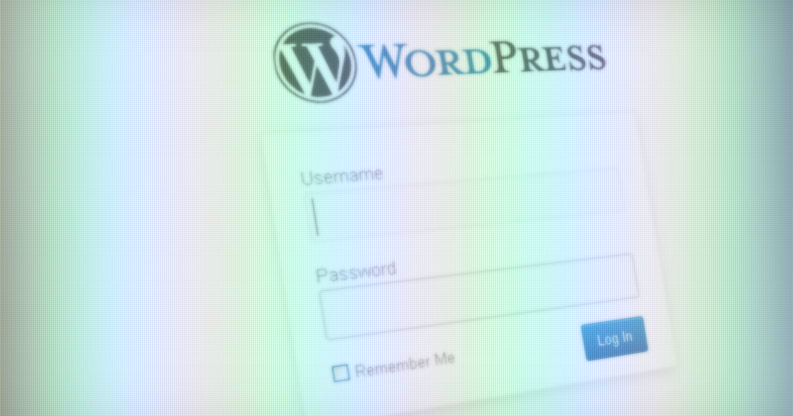Should I manage my own website content or have it outsourced?
You’ve launched your new website complete with a Content Management System and you’re getting traffic to the site, but whats next? To create returning visitors, increase your traffic and gain better search rankings, you’ve got to keep the content on your website fresh and updated. Adding content can be a burden for those with little time on their hands, but for others, it’s a great way to stay engaged with your online audience as well as maximize profitability.
Each business will have different content needs as well as different timetables for updates. Even a simple website for a small company should aim for adding new content at a minimum of once a month. This can be a news about your company, new photos, a relevant blog, or a new call to action. Content management needs typically scale with the size of the site.
You’ve got a couple of options to consider when determining who will update your website: You could do it internally by dedicating staff to make updates and provide new content, or you could outsource it to a PR firm, marketing agency, or design studio. Let’s take a look at the positives and negatives of each:
Managing Content Internally
Pros:
- Precision –– trying to explain your ideas and concepts for others to interpret into reliable content can be difficult. By creating the content directly there is no loss in translation.
- Cost saving –– DIY is typically less expensive than hiring someone else to do it for you.
- Ease –– Most CMS websites are user friendly and can be learned quickly and updated from anywhere with an internet connection
- Efficiency –– Having the assets needed for content updates (photos, copy, graphics) at your fingertips prevents you from having to organize it all and send it out to an outside source.
Cons:
- Time –– finding the time motivation to create and manage your content while running a business can be difficult.
- Resources –– If your business requires a massive amount of content to be uploaded each month, and you’d prefer to keep updates in-house, it will probably require a full time employee or team devoted to this task. This can be resource intensive and tends to get expensive.
- Procrastination –– its easy to forget or delay tasks that do not seem critical to your business’ success or that have no immediate return on investment
- Complacency –– it’s easy to think that what you’ve got is good enough and does not need improvement.
Outsourcing Content Management
Pros:
- Reliable –– outsourcing content management means that you can count on regular updates going out on time, every time.
- Creative –– Professional content creators can put a fun and interesting spin on otherwise mundane content. They’re also wordsmiths who craft copy to be on brand and on topic.
- Connected –– Pros think of ways to tie new content with other media outlets of your business; linking a Facebook post to a news story on your website or launching a video to coincide with a new service you provide
- Time Management –– delegating content management to an outside source keeps you focused on the day to day operations
Cons:
- Lost in Translation –– an outsourced content management company isn’t involved in the day to day operations and therefore may need some extra explanation of how to create content that is appropriate for your business and tailored to your target audience.
- Costly –– time involved in creating and posting new content can vary greatly. In the end it depends on how much responsibility you give them and how much you’re willing to create yourself.
- Cost/Time Savings –– if you’re gathering the content and writing copy only pass it off to a content manager, are you really saving any time and money? Learning how to post the content yourself could help you cut costs.
Take-aways:
If you prefer a more hands-on approach to managing your web content and you’ve got the time and motivation, you could minimize costs by creating and uploading content internally. If the opposite is true, outsourcing the work to a dedicated firm might be perfect for your business.
In the end, answer these three important questions to help determine the best solution for your business:
- How often should my business be updating the web content?
- Can we, internally, output the content required to meet our business’ demands?
- How much time can my business devote to making updates each month?
If you answered (1)“more than twice a month,” and (2) “it might be a challenge”, and (3)“very little,” you’re probably best served by outsourcing the content management. Don’t forget, you can always try to manage internally first and then seek help if the task becomes overwhelming.

